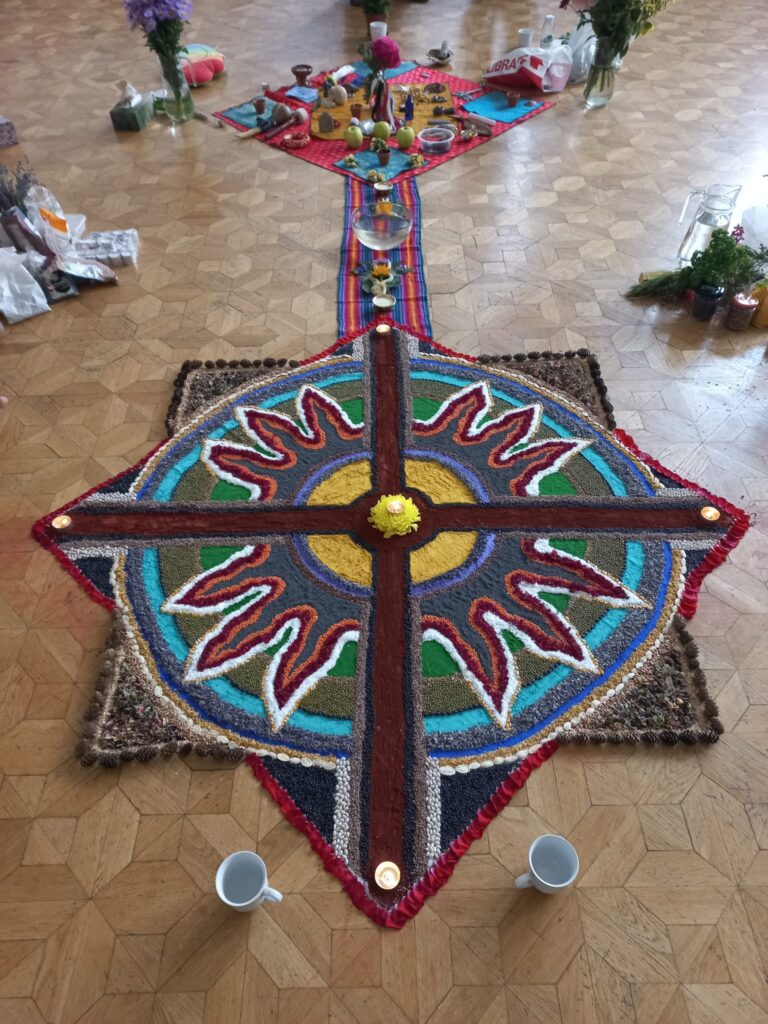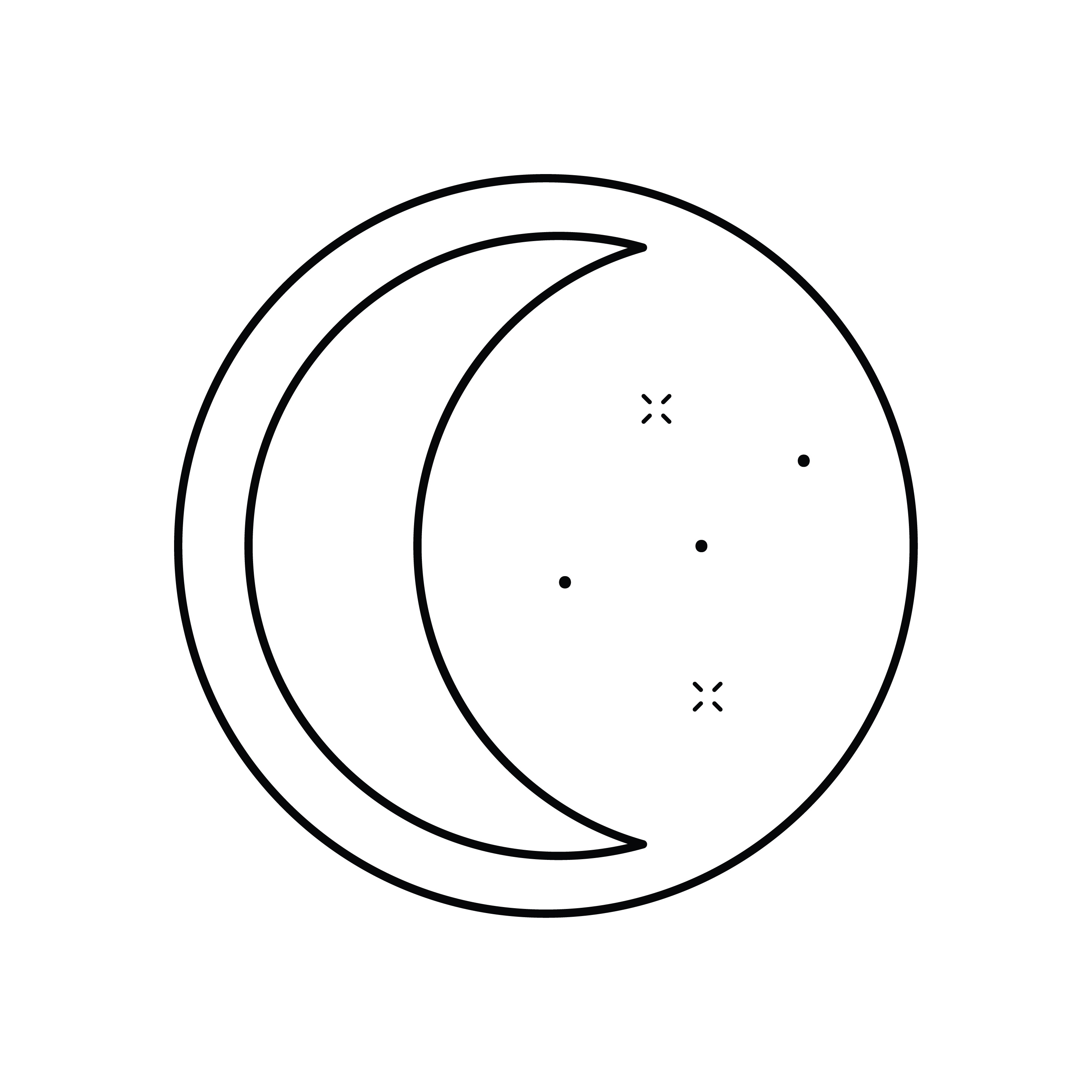
The last political thing I wrote was not here, but on Facebook, because it was so short – was quite a while ago when I realized that Israel is not fighting to bring the hostages home, but instead of bringing them home. After that, what else was there to say? Every time those in charge have been asked about possible deals, they reply, “But they demand we stop the war.” Because clearly the end of the war is not a desired outcome. It’s clear that this government is not going to reach a deal for a hostage exchange – because any deal would demonstrate that it could have been done a long time ago and saved a lot of lives. It’s also clear that the majority here believes what they’re fighting for is to free the hostages and that it’s the only way to bring security, otherwise they wouldn’t sacrifice themselves and their loved ones.
By and large, I see the positions of the right and the left as parallel – although the left isn’t articulating what I see, so maybe it’s just me? Or maybe there aren’t many of us anymore, or maybe we’ve lost legitimacy so much that our voices never get heard. After all, to mention “innocents killed in Gaza” as anything but an absurdity is grounds for dismissal at best. Maybe I’m just writing for the handful who see the world like I do and need reassurance that we’re not alone.
The right says that only force can provide us with security, and the reason things have gotten so bad is that they were never allowed to use the force needed. They cite many examples where the use of force was curtailed, even now. I understand. I came from there, back in my youth, and they also explain themselves extensively in all the media.
From what I see, it’s clear that it wasn’t agreements that failed on October 7, nor diplomacy. It was force, the army and intelligence, that Israel relied on and that failed. But the right has a point – they never did get to follow their approach to its conclusion. I often wonder what their end game is: Kill the entire population of Gaza, because there are no innocents? Maybe kill or expel the Palestinian population in the West Bank as well? Maybe Hezbollah too? Iran? And what about all the other “antisemitic” nations that will rise up against us as a result of all this? Or maybe to draw the line after the West Bank and Gaza, and to hold everyone else at bay with military might after that? After all, we are in the Middle East where only brute force is respected? Or will God, who so far has not lifted a finger for many truly innocent Jews, finally see fit to help after we prove ourselves by killing enough of our enemies?
The left can also say that we were never allowed to pursue our vision to the end – contrary to right-wing spin, even though they’ve been in power for about 40 of the last 50 years. As relations with Jordan and Egypt have demonstrated over the past year, agreements with countries and governments can hold. But it’s impossible to live with militias and guerilla organizations or popular resistance, it’s impossible to reach stable agreements, it’s impossible to deter them, and it’s impossible to defeat them. That’s not just here, it’s like that all over the world. So it looks to me like there should be no Israeli interest greater than a stable and prosperous Palestinian state. What would happen if we invested in that like we invest in war? (On a cynical note, maybe then Israel really would be a banana republic, because the arms industry would oppose us instead of supporting us…)
The concept of “only by force” is the illusion. The pious repetition of being the eternal victims, always surrounded by enemies who rise up to kill us in every generation – leaves no room for any other possibility. Reciting these beliefs in daily prayers for generations has a resounding effect. But even if we are determined to live by the sword, there is a limit to anyone’s ability. We can die by the sword just as well. It’s far more common.
I live here, in Israel. I am not naive about the local Muslim culture, which is patriarchal, authoritarian and homophobic – just like the local religious Jewish culture. I know that many people on both sides do not want peace. They see pursuing peace as naive and dangerous, because “they only want to kill or at best deport us all. They started the conflict. They teach their children to hate us. They must not even be human. They only understand violence. There are no innocents there; everyone takes part in the fighting against us. We had better destroy them first, because that is the only way we’ll save ourselves.”
I am not for appeasing or pleasing the other side, but for rather a much deeper change. I’ve inhabited both worldviews – the one that experiences myself mainly as a victim, who in the best case rises to greatness as a victorious hero, and the one that experiences myself as one of a diverse but related multitude, where the way to maximize prosperity is through cooperation and benevolent relationships. Both can be seen as possession states, states of being held by or surrendering to a great paradigmatic archetype or energy, the former of control and the latter of partnership. Like in Riane Eisler’s book, The Chalice and the Blade, or Graeber and Wenslow’s The Dawn of Everything, beyond questions of historical accuracy, it seems that human cultures as well as individuals tend towards one of the two paradigms. This is true in every relational context: between peoples, between countries, between individuals, within ourselves, and between us and everything beyond the human.
Today is the longest day of the year, with many long, hot, and oppressive summer days ahead of us, with heat waves breaking records of length and intensity, accompanied by more needless war and death, with no end in sight. I go out early, to walk in the fields near my home before the heat becomes unbearable. One might think that all the death around now at the onset of the dry season echoes how depressing the collective prospects are – but when I drop my preconceived notions and really look, so many plants still stain the fields with patches of bright green, others are more subdued but thriving in dusty green leaves and tiny flowers, the mullein’s yellow flowers are iridescent, and the cypress, oak, and carob trees are still celebrating the winter rains with fresh and bright new leaves. Then there are all the non-native immigrants who have never heard that summer is the time to rest. Even the tall, dry stalks of the thistles and mallows are depressing mostly because they stand blackened with folded heads, evidence that they were sprayed just before they ripened seeds and died a natural death.
The encounter with death itself is saddening, but not depressing – death is as powerful as birth in its ability to open a gate to the beyond. What is depressing is the unnecessary death, multiplied so many times over by our insistence on “cleaning up,” on dominating and controlling our world, rather than finding mutually beneficial ways to thrive. In the end, the paradigm of separation, control, conquest – in every context, not just the human one – leaves us all with an impoverished world.
Sometimes all I can do is to zoom way out to a far larger perspective, and take solace in the fact that our world is cyclical, and Gaia, as always, will somehow know how to turn even the most unpromising waste into compost for the next great cycle of eons that for Her are like the blink of an eye. Then I return to the far less than eye-blink speck that is my life, this day, this moment, and look for where my contribution is. What should I do now to contribute my crumb to the paradigm of connection? And do my best to do that.
Blessed solstice and full moon. May we also know to return to balance.
